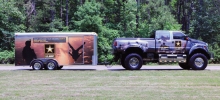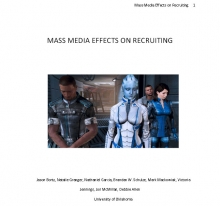Countering the Militarisation of Youth is a project of War Resisters' International | 2017 | All content of this site is licenced under a Creative Commons Attribution-NonCommercial-ShareAlike 2.0 UK: England & Wales License, unless otherwise stated.
Website development by Netuxo Ltd













